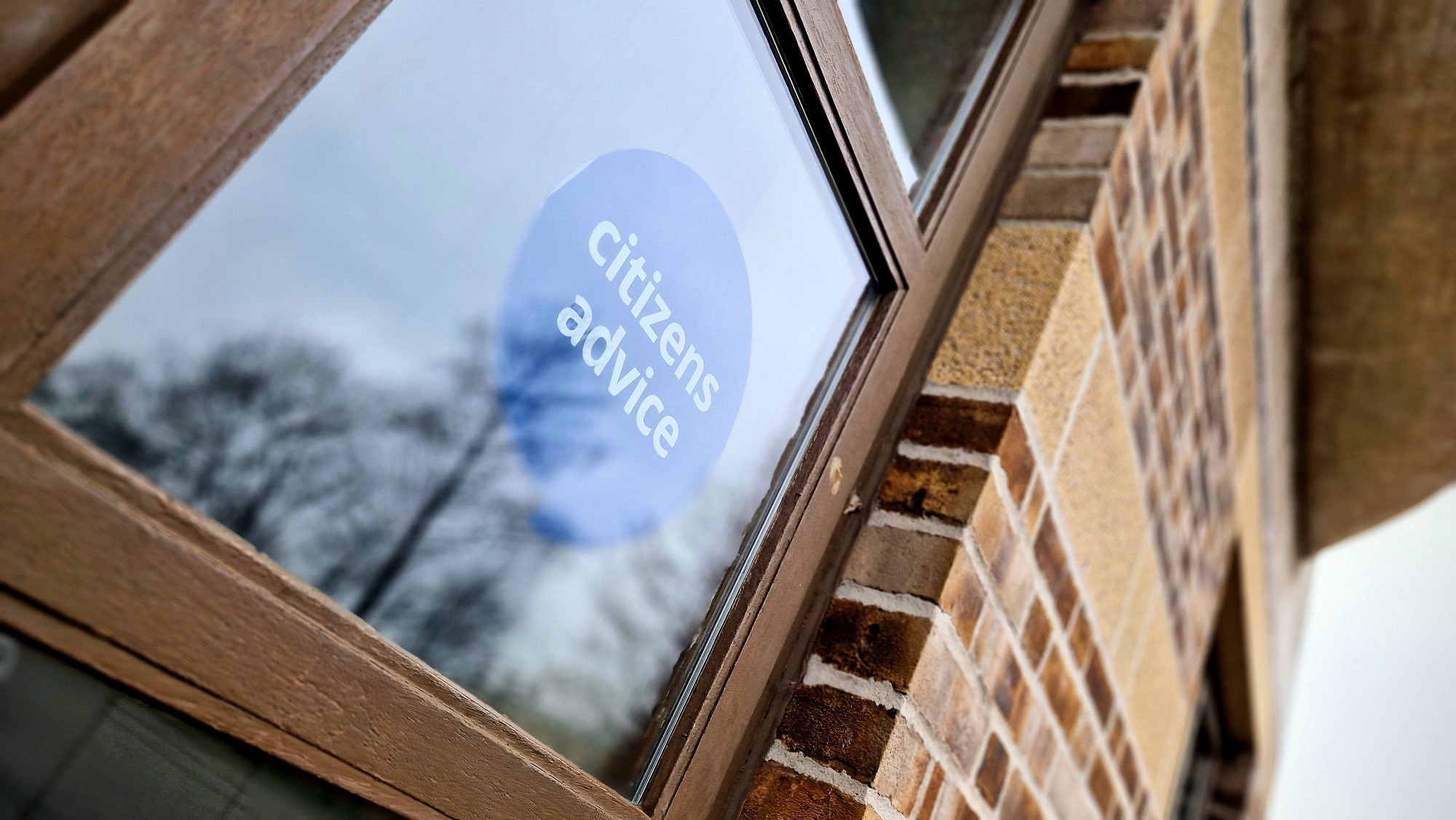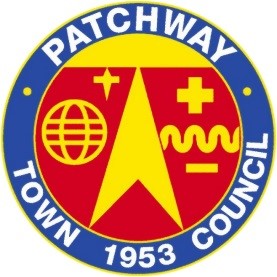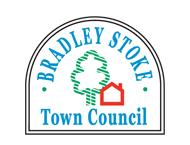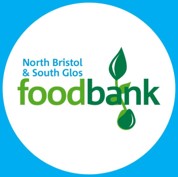Three times as many people in South West now find income does not cover essentials

- Local Citizens Advice branches in the South West helped three times as many people in a negative budget in 2023 compared to 2019
- Clients in negative budgets have cut down on costs as much as they can but their income still does not cover essentials such as food, rent and utilities
- The average monthly shortfall among clients in negative budgets has grown by 71 per cent to £214
Hundreds more people in the region are now having to spend more money on essential costs than they have coming in.
Citizens Advice is shining a light on negative budgets. This is where people’s outgoings on essentials such as food, energy and rent are not matched by their income.
The number of cases in the region is growing. The combined figures for local Citizens Advice branches in South Gloucestershire, Bristol, North Somerset, Bath & North East Somerset, North & West Gloucestershire and Somerset showed three times as many clients in negative budgets were seen last year compared to 2019.
The trend is worrying as it means more and more people in this situation are likely to fall further into debt.
The people behind these figures have already cut back as far as they can – but current costs means their income fails to cover the basics.
Energy costs have seen unprecedented rises while the prices of food and other essentials have gone up sharply – hitting those already struggling the hardest.
The news comes as Citizens Advice branches such as Citizens Advice South Gloucestershire have seen the highest demand for their services ever amid the cost-of-living crisis.
Negative budget – what the figures show
Citizens Advice offices in the previously-mentioned areas of the South West saw a tripling of the number of clients who were in a negative budget between 2019 and 2023.
And the average shortfall each month among clients is growing – up from £125 per month in 2019 to £214 last year which is a 71 per cent rise.
The proportion of clients seen by the charities for debt who were in a negative budget as opposed to a positive budget grew during this time too.
Taking debt clients in both negative and positive budgets into account, clients whose income did not cover their essentials made up 27 per cent of the total in 2019.
But in 2023, this figure had grown to 45 per cent – an 18 per cent increase.
Almost half (49 per cent) of negative budget clients lived in social housing while 30 per cent were renting privately, and nine per cent were owner occupiers.
The causes
Research by national Citizens Advice shows the causes of negative budgets include:
- being on a low income
- needing to spend a high proportion of that income on everyday fixed living costs such as rent and utilities
People considered to be in a negative budget have undergone a rigorous assessment with a debt adviser which includes maximising income and cutting back costs to externally validated levels.
The data cited in this piece only includes people who have come for help from local Citizens Advice branches.
The full number of people in the region who are in a negative budget could be much larger.
The charity is calling for the following interventions to be made to address the situation:
- reducing deductions made to benefits – which currently cost claimants £62 every month on average
- introducing a system of targeted financial support for those who pay an excessive proportion of their income on energy bills
‘It hurts and gets to you’
One client of Citizens Advice South Gloucestershire who is being helped for debt while in a negative budget said: “I’m finding it hard to cope and I’m feeling down. Food has gone up a lot so I’m not buying the same things I used to.
“I’m worried about gas and electric costs and even though my son is still small, I’m looking at going back to work to help things. It’s hard though as I’m a single mum and childcare is expensive and hard to find.”
Another client has gone into debt, with a shortfall each month due to being unable to regain certification for their job due to a disability.
They feel there is an element of discrimination at play because their disability is not accounted for when trying to regain certification – which makes the task of regaining their job very difficult.
The client said: “It hurts and gets to you. It’s terrible [the cost-of-living crisis] – I have never been in this situation in all my life.”
‘The final straw’
Debt specialist Yvonne Parks is Money Advice Supervisor at Citizens Advice South Gloucestershire, and has seen the rise in numbers of clients first hand.
She said: “The causes of the rise of negative budgets is complex, with some people saying that they have struggled since the global economic crash in 2008. At that time we were dealing more with credit card, store card, and catalogue debt.
“Now it is about people not being able to afford the essentials and getting into debt with council tax, energy and rent which are day-to-day costs that have to be met.
“There is a huge stigma of struggling financially and many people are going without essentials such as food. We have certainly seen an increase in people in this situation as household incomes are not keeping up with living costs, despite some of the financial support from the government.
“Although the cost of living crisis is a relatively new issue, for many low income families this has been the final straw in years of struggling to get by.
“Rising interest rates have pushed more households into debt as well as prices rising at the fastest rate for 40 years, and particularly surging energy bills.
“43% of debt clients we are currently seeing [at Citizens Advice South Gloucestershire] have a negative budget and this has a huge impact on their mental health.”
Need for a new premises
The increase in numbers of people needing help has meant Citizens Advice South Gloucestershire has needed to secure a larger home.
A new premises at Station Road, Yate, will allow the charity to double the number of people it can help face-to-face.
The charity is running a fundraising campaign to cover the costs of renovating the property to get it ready for seeing clients.
Details of the appeal and how to donate can be found at: https://www.southgloscab.org.uk/get-involved/donatetoday/our-premises-appeal/
PRESS RELEASE SIGNED BY:
- Chantal Watts, Chief Executive Officer, Citizens Advice South Gloucestershire
- Jon Shoesmith, Chief Executive Officer, Citizens Advice Bristol
- Fiona Cope, Chief Executive Officer, Citizens Advice North Somerset
- Clare Knapman, Chief Executive Officer, North and West Gloucestershire Citizens Advice
- Angela Kerr, Chief Executive Officer, Citizens Advice Somerset
- Simon Lawson, Chief Executive Officer, Citizens Advice Bath and North East Somerset












